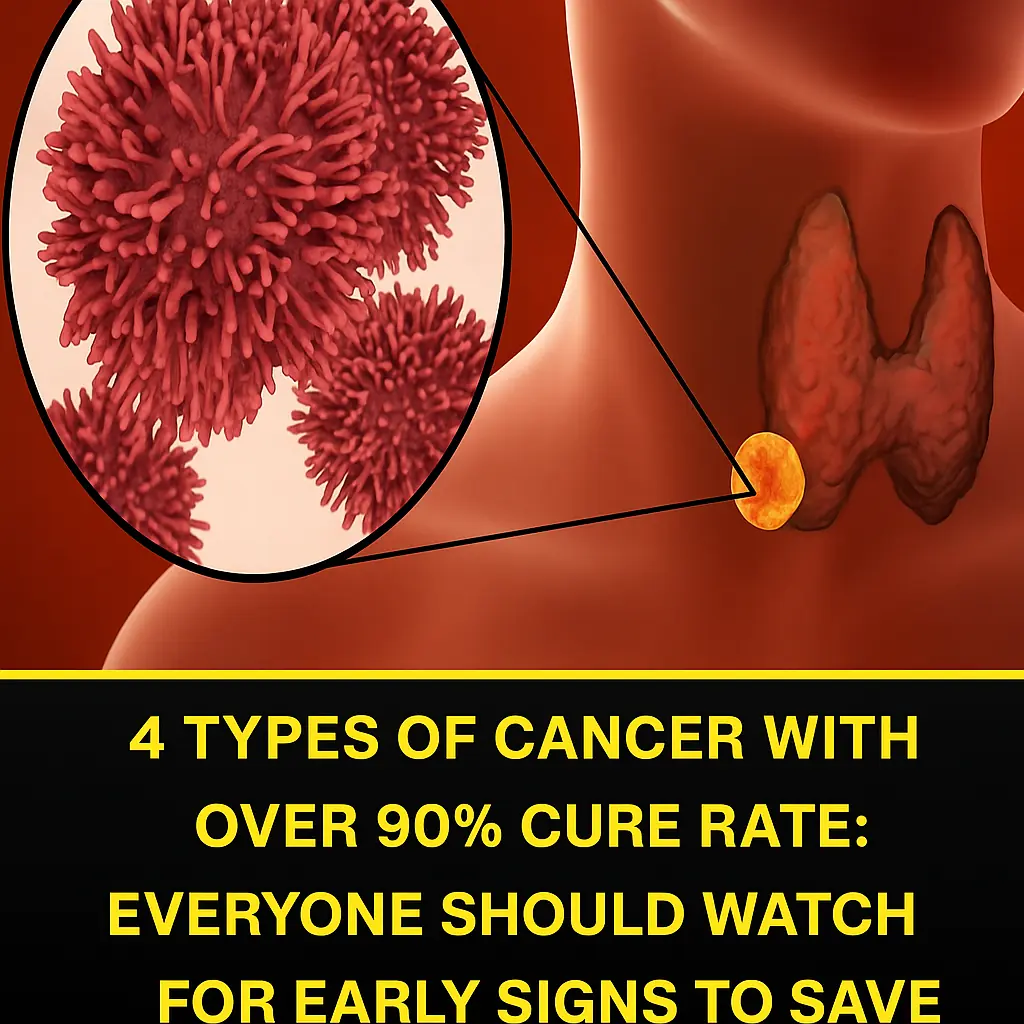
Early Signs of Cancer: What to Look for in Your Body
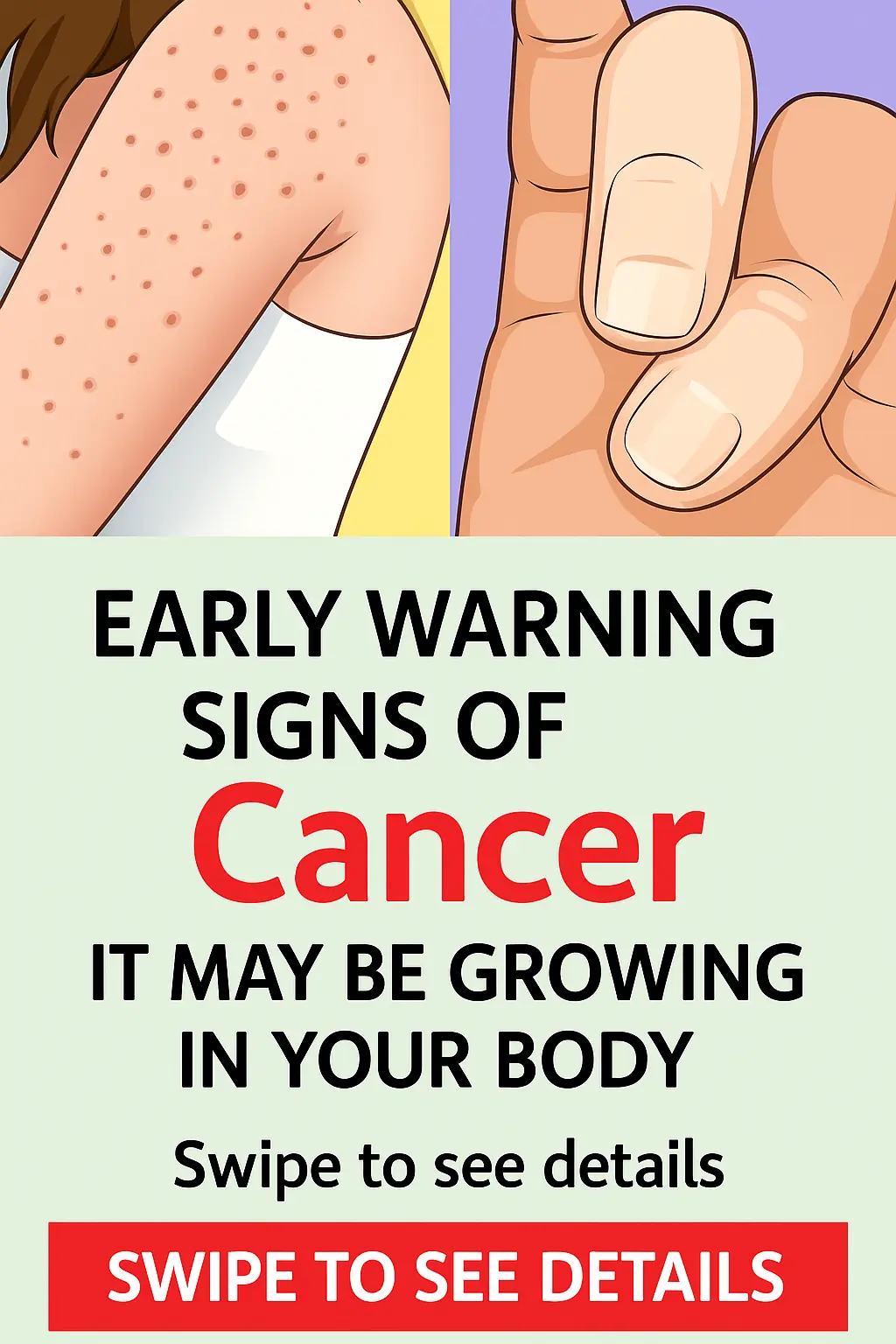
Cancer is one of the most feared diseases in modern society—and rightfully so. It can develop quietly, often without us discussing its early symptoms. Being aware of the signs can make the difference between early detection and late-stage treatment. In this article, we’ll explore early signs that cancer may be developing in your body and how to maintain a healthy lifestyle.
It is essential for everyone to be informed and educated about their health. Often, small changes in our bodies are ignored or dismissed as minor issues. However, recognizing and acting on these signs can be crucial. Staying informed isn’t only about disease detection—it also helps encourage a more conscious and healthy life through preventive habits.
What Are Early Warning Signs?
Early warning signs of cancer are changes or symptoms that appear in our body and shouldn’t be ignored. These signs can vary depending on the type of cancer, but there are common symptoms that everyone should be aware of. It’s important to note that having one or more of these signs doesn’t mean you definitely have cancer—but it should prompt a visit to the doctor.
Common Early Warning Signs of Cancer
-
Unusual Changes in the Skin
The skin can reveal a lot about internal health. Watch for new spots or changes to existing ones. If a mole or dark spot changes shape, size, or color, consult a dermatologist. Skin cancers, like melanoma, can be especially dangerous if not detected early. -
Unexplained Weight Loss
Significant weight loss without a clear reason can be a warning sign. It occurs with several types of cancer as the disease affects your body’s metabolism. If you’re losing weight without changes to diet or exercise, seek medical advice. -
Persistent Fatigue
Feeling tired is normal, but fatigue that doesn’t go away with rest should be evaluated. In some cases, it signals your body is fighting a serious illness. Cancer-related fatigue is intense and can affect daily life—do not ignore it. -
Changes in Bowel or Urinary Habits
Ongoing diarrhea, constipation, or changes in urine frequency or color may indicate more serious conditions. These changes can relate to cancers such as colon or bladder cancer. If anything feels unusual, act promptly. -
Persistent Pain
Pain that doesn’t go away and occurs in specific areas can be another red flag. Some cancers cause pain due to tumor growth. This may appear as abdominal, back pain, or even headaches, depending on the type of cancer. -
Coughing or Difficulty Breathing
A persistent cough or shortness of breath can be a sign of lung-related issues, including lung cancer. If your breathing changes for no clear reason, consult a healthcare professional immediately. -
Changes in the Mouth
Ongoing mouth sores, white patches, or unexplained bleeding should be taken seriously—especially if you smoke or drink heavily. These could be early signs of oral or throat cancer, which can be fatal if left untreated.
Why Early Detection Matters
Early detection is vital because most cancers are more treatable in their early stages. Treatments tend to be more effective, and survival rates are significantly higher when the disease is caught early. Early diagnosis can also avoid more invasive treatments in the future, improving quality of life for patients.
Conclusion
Your health is your most valuable asset. Paying attention to the early signs of cancer is a powerful way to care for yourself. Don’t overlook changes in your body—and always seek medical help if you’re concerned. Staying informed and acting early is never a mistake. Your well-being matters most, so stay alert and take proactive steps to protect yourself.
News in the same category


5 Common Mistakes When Drinking Water That Can Affect Your Health
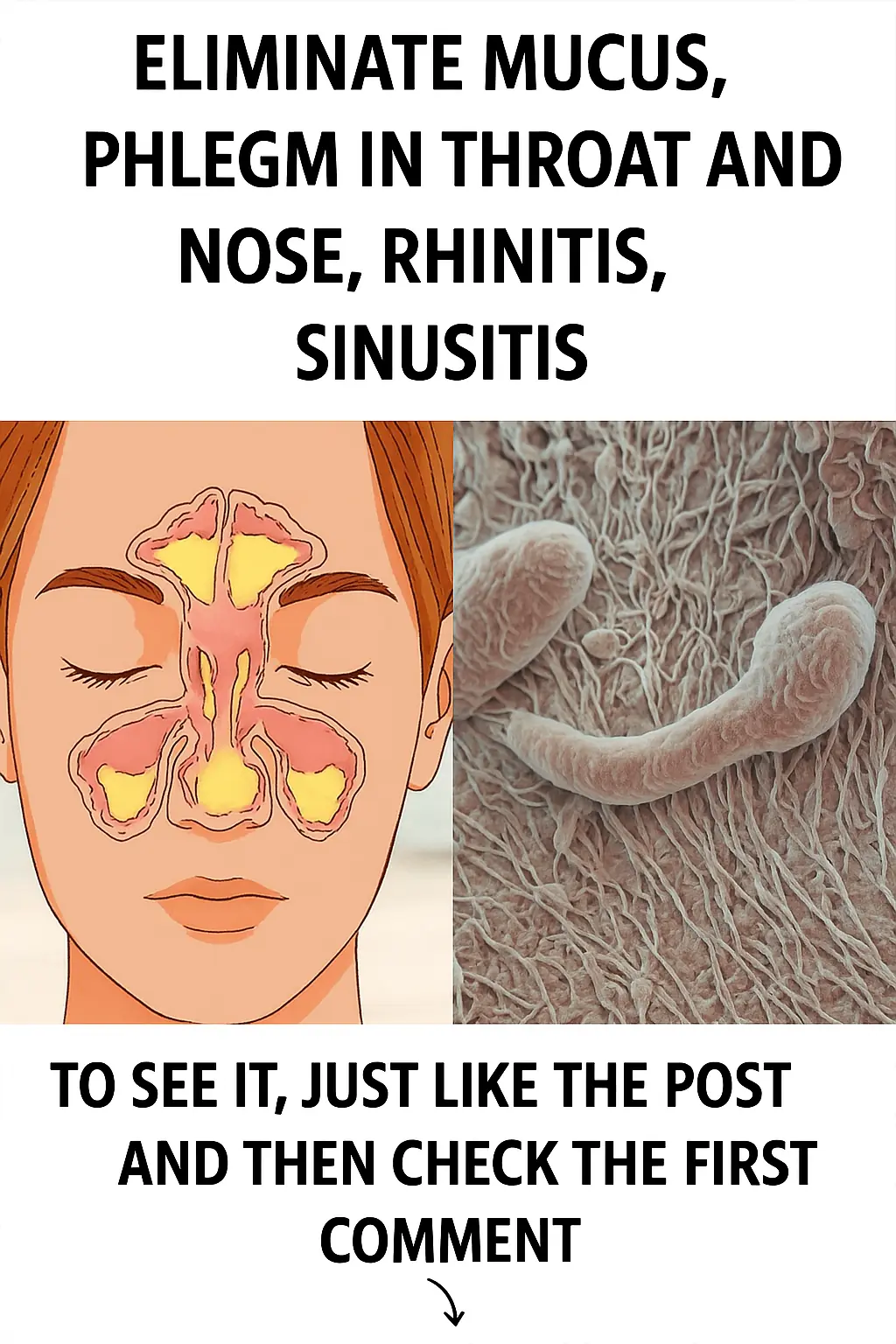
Effective Home Remedies to Eliminate Mucus and Phlegm

Natural Recipe to Sleep Like a Baby: Improve Your Rest and Wake Up Refreshed
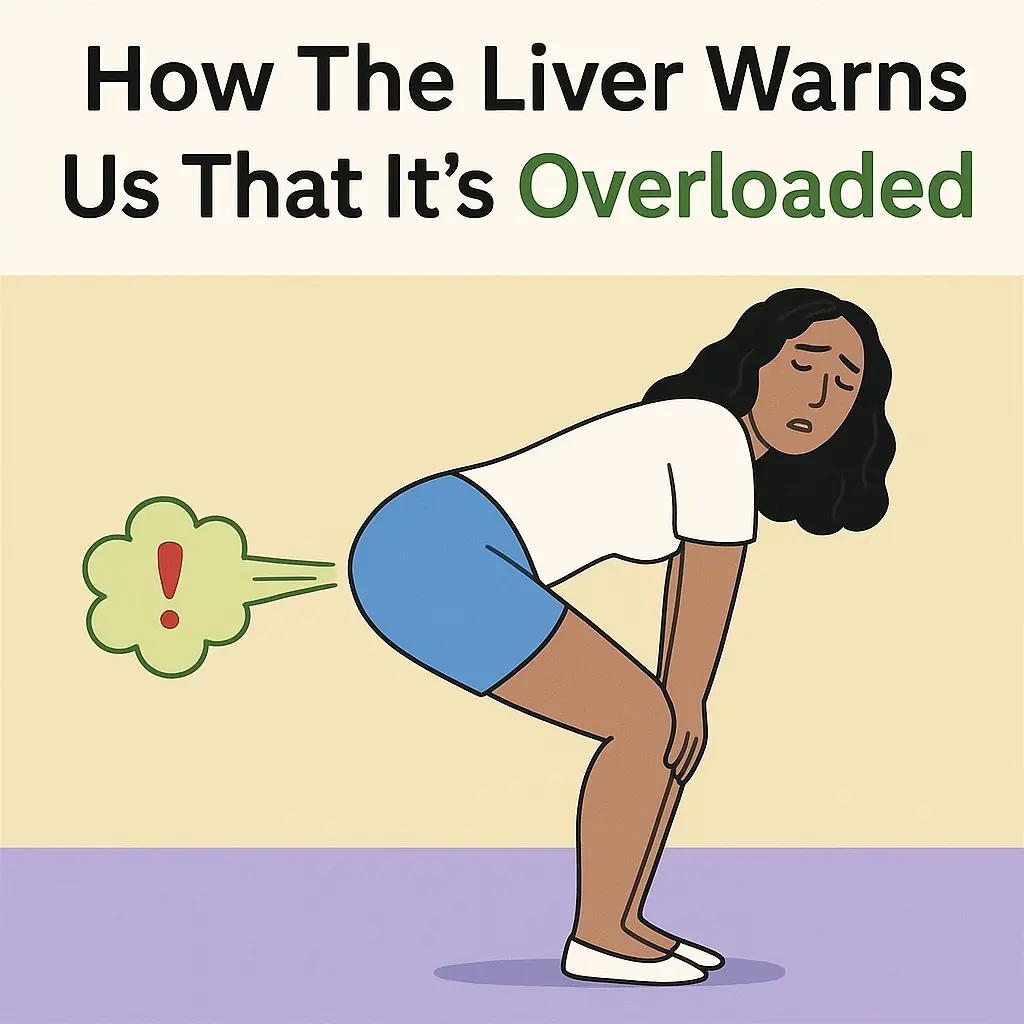
How the Liver Warns Us That It's Overloaded: Signs and Natural Remedies

Common Backyard Plant May Help Fight Tumors, Diabetes, And High Blood Pressure
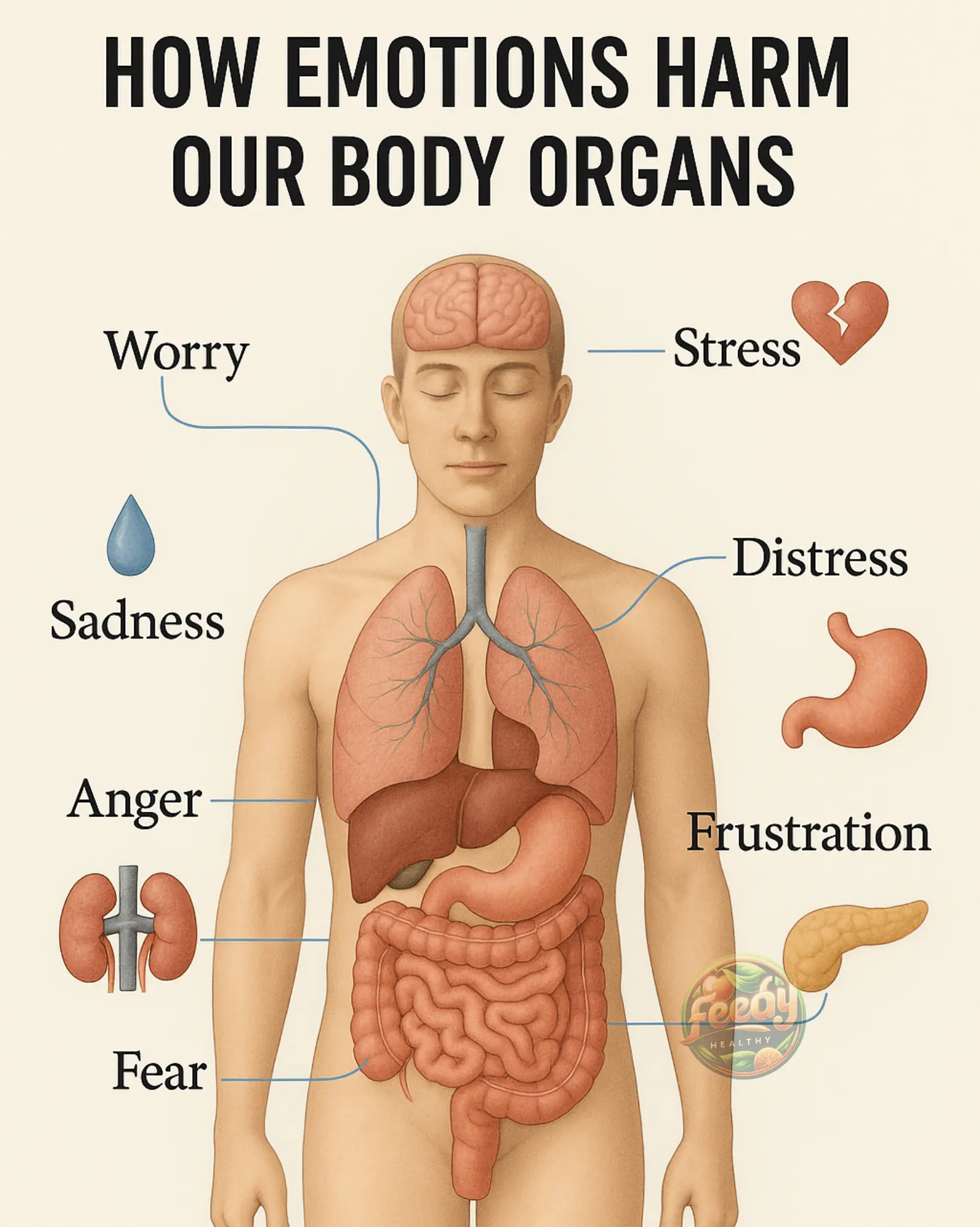
How Emotions Affect Our Organs: The Connection Between Feelings and Health
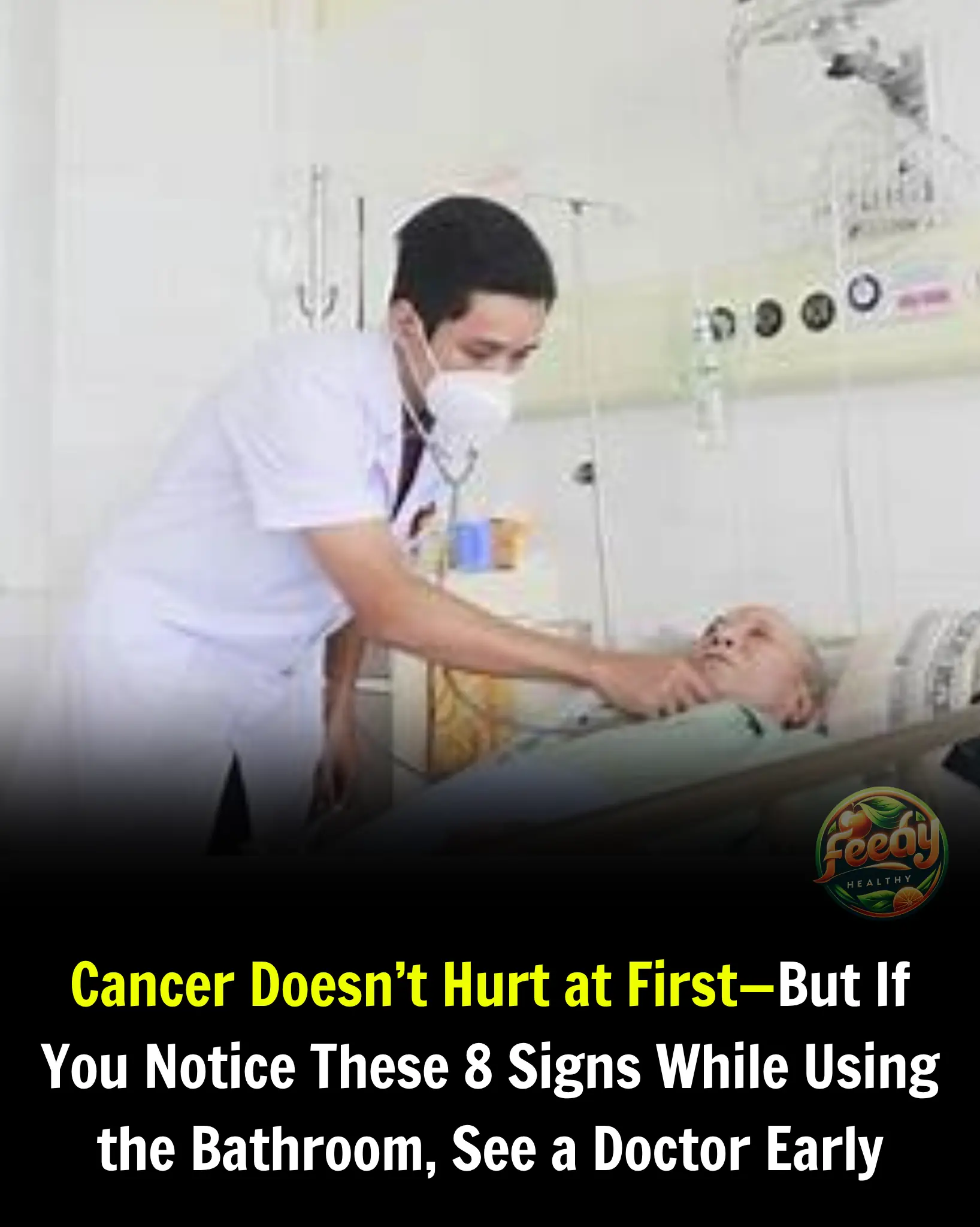
Cancer Doesn’t Hurt at First—But If You Notice These 8 Signs While Using the Bathroom, See a Doctor Early

Doctor Warns: 3 Beauty Habits Most People Don’t Realize Can Accelerate Cancer Risk!

7 Cooked Foods You Must Finish in One Meal – Never Reheat or Leave Overnight
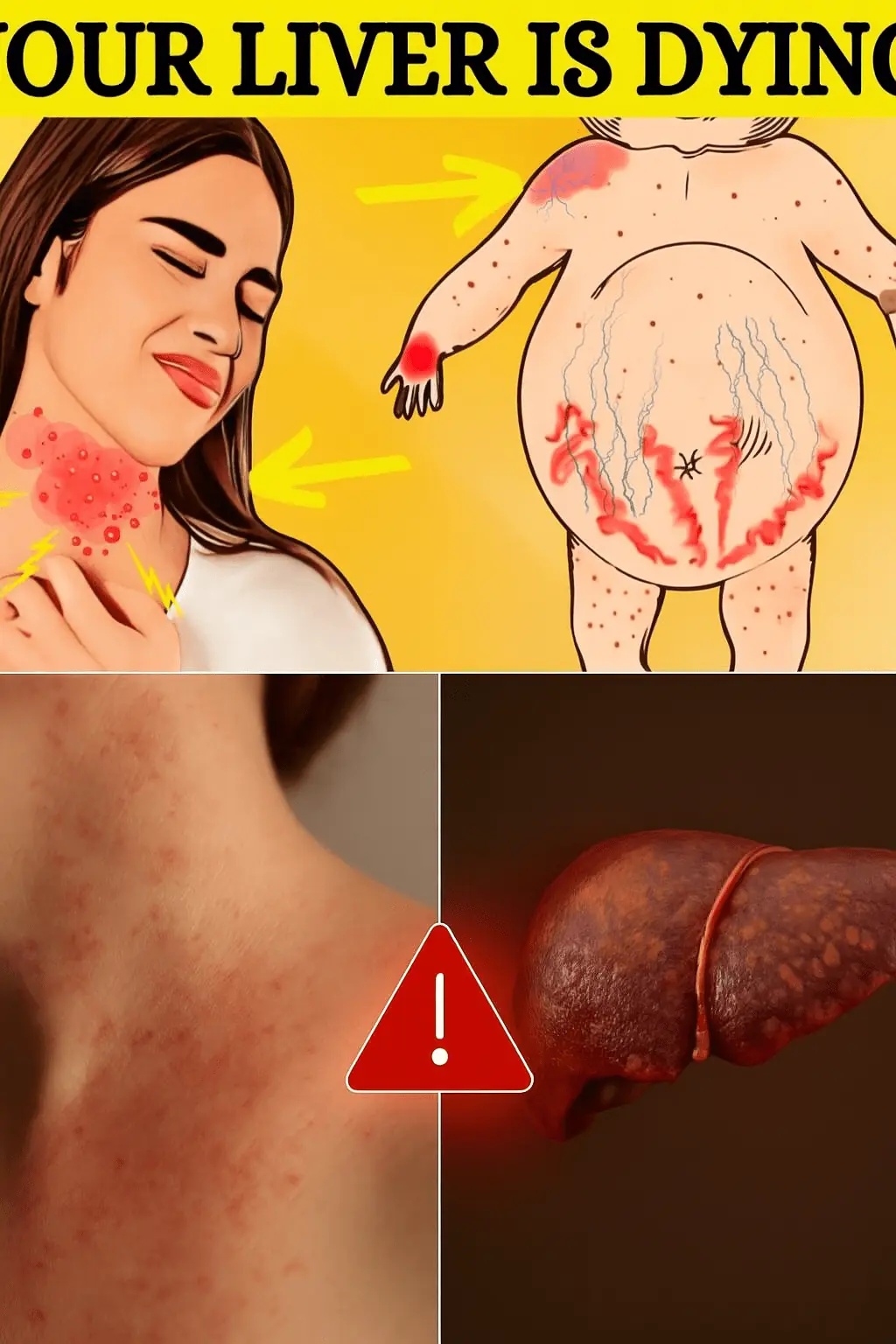
Silent Threat: 8 Subtle Signs That May Point to Fatty Liver Disease

18 Mind-Blowing Vaseline Hacks You’ll Wish You Knew Sooner
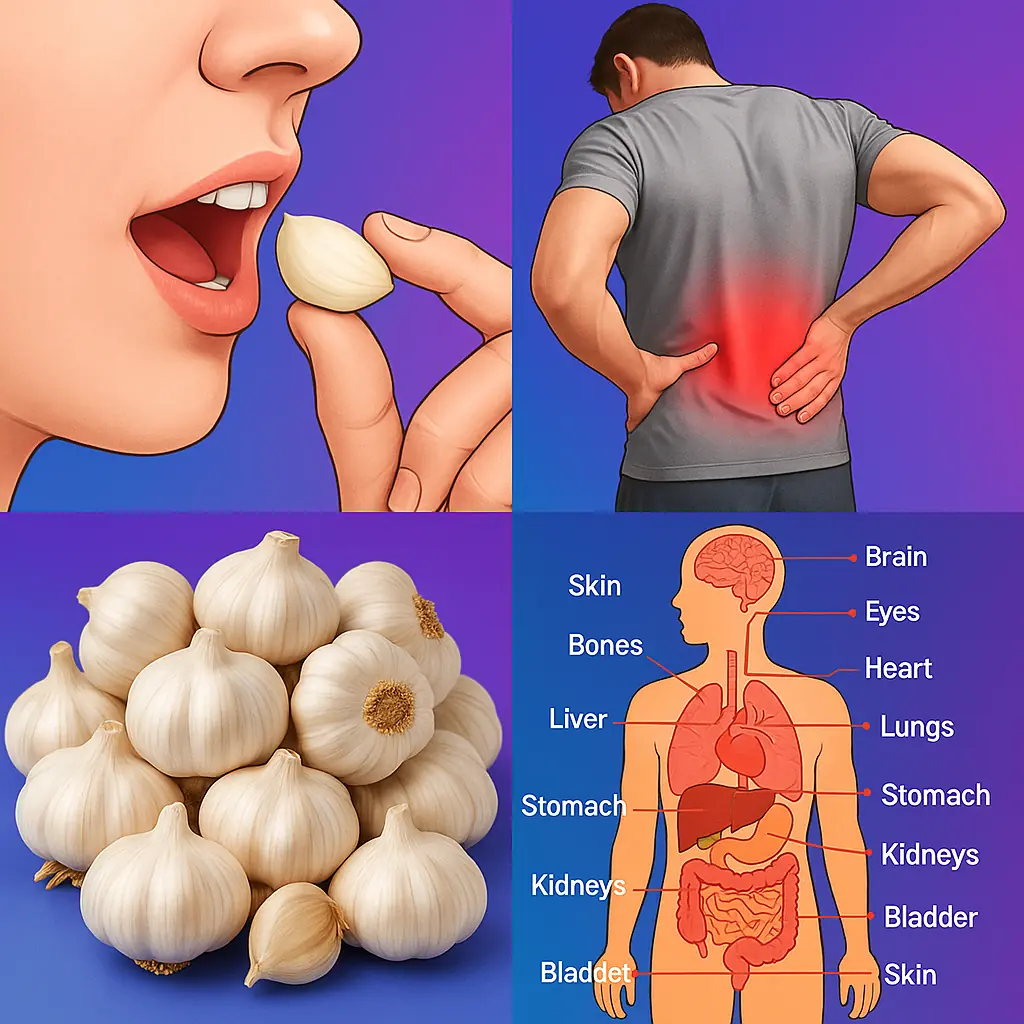
Eat 2 Raw Garlic Cloves Daily: 10 Incredible Benefits You Probably Didn't Know

6 Delicious Foods That Help Eliminate Visceral Fat as Effectively as Exercise

Discover the Ultimate Detox Drink to Flatten Your Belly, Clear Infections, and Rejuvenate Your Liver!

14 Reasons Why You Should Drink Cucumber, Ginger, Mint, Lemon, and Water Every Day
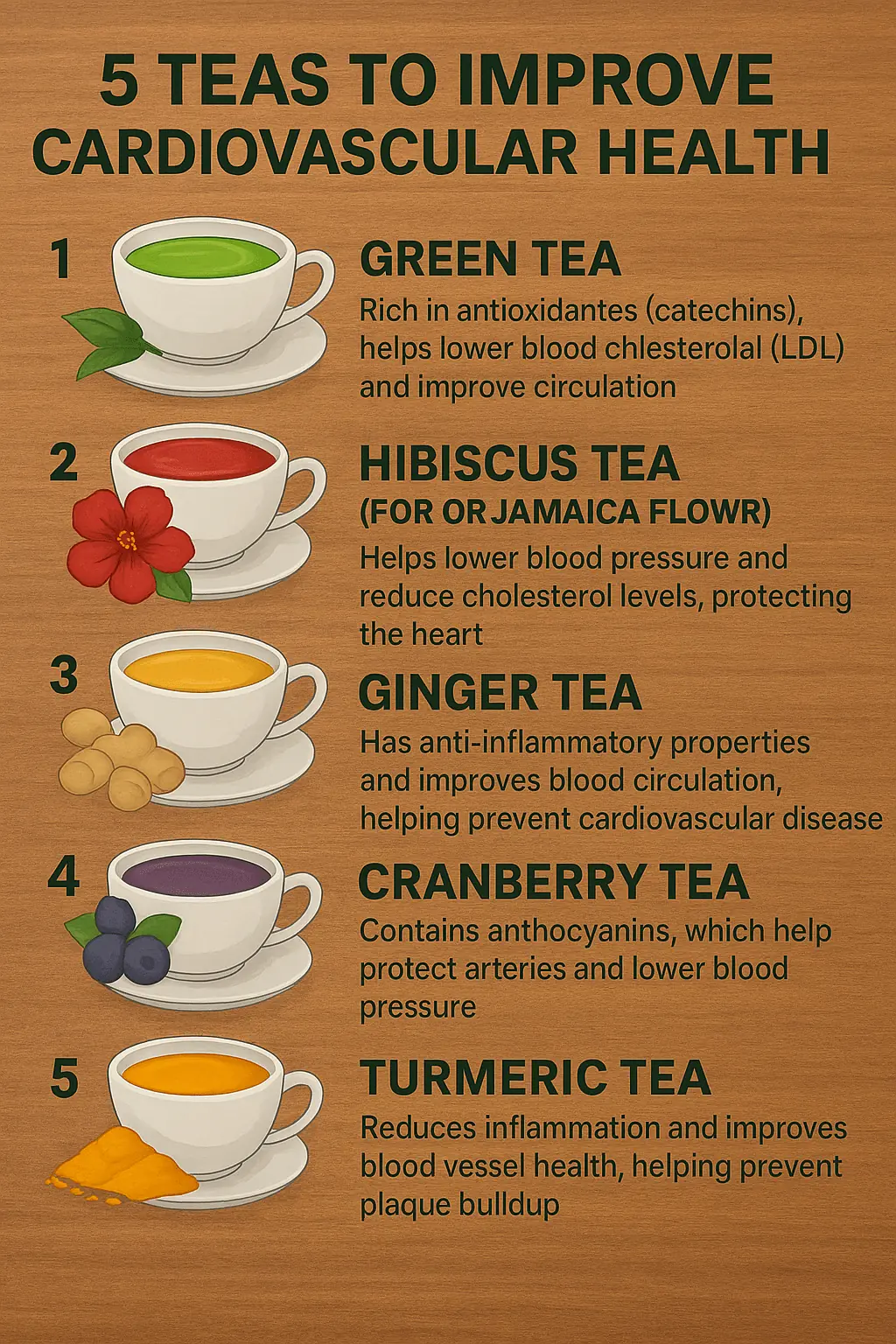
5 Natural Teas That Improve Your Cardiovascular Health
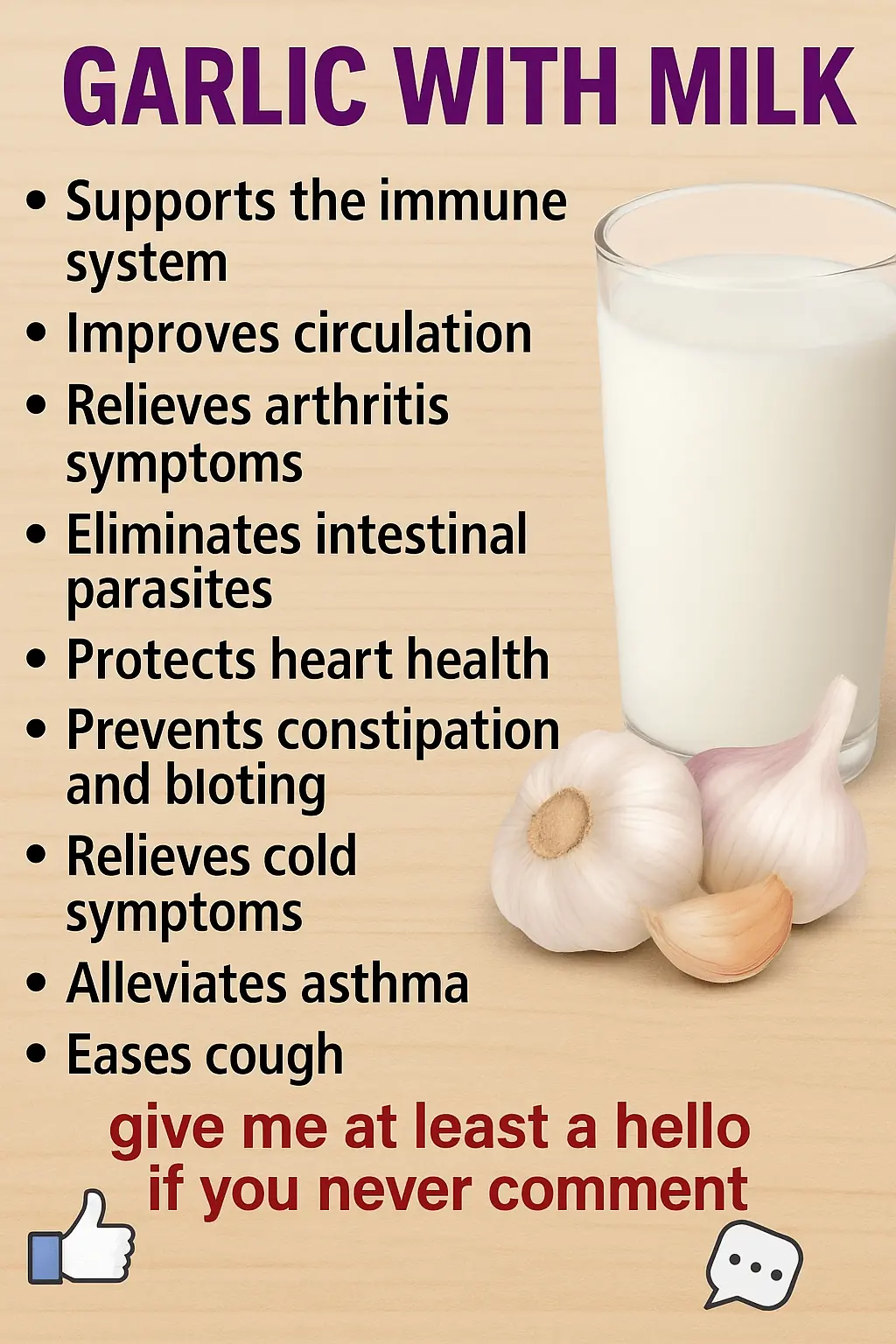
The Healing Power of Garlic with Milk: A Natural Remedy You Should Know About
News Post

4 Types of Cancer with Over 90% Cure Rate: Everyone Should Watch for Early Signs

🍒 Homemade Cherry Almond Cake

🍎 Apple Cider Cupcakes with Brown Sugar Cinnamon Buttercream 🍂

5 Common Mistakes When Drinking Water That Can Affect Your Health

Effective Home Remedies to Eliminate Mucus and Phlegm

Papaya Seeds: The Secret Superfood You’re Throwing Away

Unlock the Secret to Luscious, Long Hair: The Ultimate Aloe Vera Hair Oil Revolution

Unveiled Secrets of Nature’s Mightiest Healing Leaves: Transform Your Health with Avocado, Mango, Bay, and Guava

Unlock the Secret to Stunning Hair: The Jaw-Dropping Power of Homemade Onion Hair Oil Revealed

Sip Your Way to Stunning: Why Every Woman Needs the Lipton, Cloves, and Ginger Elixir in Her Life

Unlock the Mystical Power of Lemon and Salt: Transform Your Space with This Ancient Ritual!

Shocking Tomato Hack: Say Goodbye to Unwanted Hair Naturally!

The 4 Essential Vitamins for Older Adults: Energy and Vitality

Never Throw Away the Avocado Pit Again! Discover Its Benefits and Uses

Improve Your Vision with This Natural Remedy: The Powerful Plant Changing Lives

Natural Recipe to Sleep Like a Baby: Improve Your Rest and Wake Up Refreshed

🧁 Gooey Salted Caramel Cream Cheese Cupcakes

❤️ Red Velvet Buttermilk Cake with Cream Cheese Frosting

Discover the Wonders of Kalanchoe: Your Natural Plant for Health and Wellness
